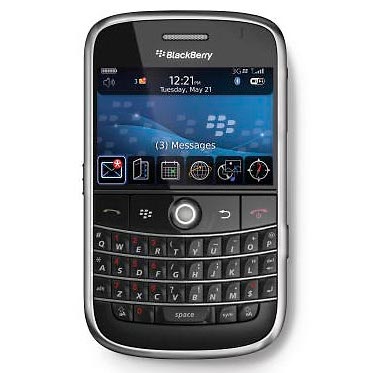
For all we know and all we care they might as well be martians.”
Elvis Costello, “Tokyo Storm Warning”
That may be a little harsh (though it’s on my favorite Elvis Costello record), but CNN reports on the cellphone novel phenomenon that has swept Japan, a phenomenon that might not translate to the U.S. The story reports:
As the name suggests, cell phone novels are written entirely on handsets and posted on sites like Maho no i-rando (Magic Island), the first and largest mobile novel portal in Japan. The site has a million titles, 3.5 billion monthly visitors and six million registered users, according to the company. Mobile readers instantly see new chapters as they are added, often adding comments about the direction they think a novel should take.
The diary-like stories are written and read mostly by young women in their teens and 20’s. Many authors use pen names and claim their stories are at least partially autobiographical. The novels often center on themes that are rarely discussed aloud in Japanese society — drugs, sex, pregnancy, abortion, rape and disease.
Japan’s cell-phone novel phenomenon probably will not be making its way over to the U.S. Consider this the cell-phone literature equivalent of soccer – it may just not translate to American viewers. It very well may gain a following in the U.S. but it’s safe to assume that it will not reach the level of a site like Magic Island with 3.5 billion monthly visitors. The site Text Novel is one site looking to have the craze come to the U.S., still in beta.
That could be a wrong prognostication, or it could already be here and it’s called Twitter. Though the likelihood of a publisher snatching up someone’s Twitter scribblings, no matter how narrative, publishing them in a book, and then having that book sell millions of copies is…unlikely. In some sense, blogging takes the place of a serial novel, and blogs can be accessed on phones as well, so there is built-in competition. But the greatest competition may be cultural preference. The main readers of cell phone novels in Japan are teenagers, and American teenagers have a lot of competition for their time.
Novels on Cellphones
This is totally separate issue from people turning their cellphones into e-readers, which is one of the major things that is leading to widespread use of ebooks. Recently, there was news that eReader titles are going to be accessible by Blackberries. EReader also announced the development of a Linux version of eReader for notebook users and a T-Mobile Android version as well, which will increase e-books.
Still, ebooks are currently frustratingly complicated – for both readers and writers – with the number of different platforms and different devices. These issues will eventually be ironed out and the current state of ebooks is one of growing pains. A phenomenon like serial cell-phone novels would certainly do a lot to raise the profile of e-reading (and perhaps limit it in the eyes of some critics) but the most likely scenario is that full-length ebooks become widely used on cellphones.
Get an Editorial Review | Get Amazon Sales & Reviews | Get Edited | Get Beta Readers | Enter the SPR Book Awards | Other Marketing Services




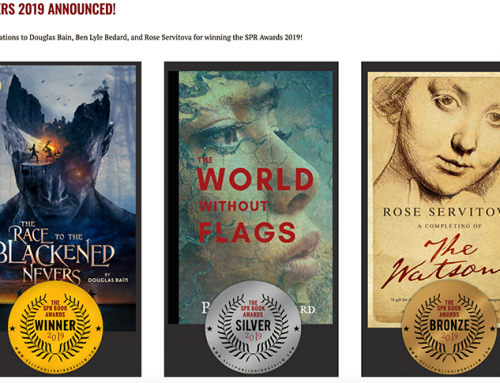

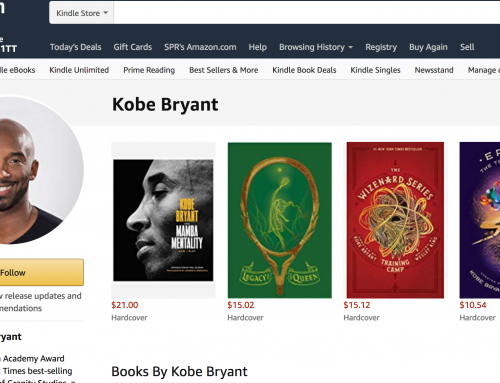





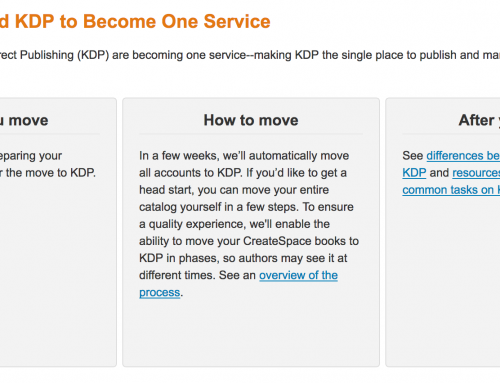

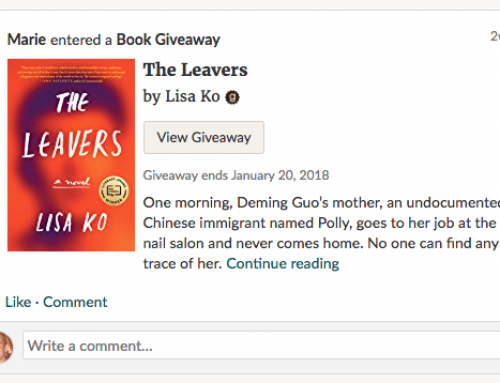




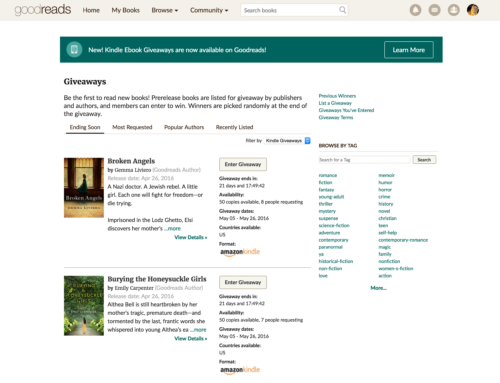


Looks like I spoke to soon about a Twitter book. Never underestimate the ridiculous publishing industry:
http://gawker.com/5160672/book-of-twitter-bookmarks-bought-by-harpercollins
Reading “In some sense, blogging takes the place of a serial novel” makes me think that you’re unaware of the recent proliferation of online serial novels. Is this the case? If so, I recommend you educate yourself posthaste! Start with Tales of MU, by Alexandra Erin, who makes a living through her various serials, from donations by readers and sales of print books, then move to Web Fiction Guide to explore what else is out there. You might also want to visit Novelr, a blog about online novels.
Online serial novels are certainly not as huge a sensation as cell phone novels are in Japan, but they (we) exist and are struggling toward recognition.
Clare, thanks for writing and thanks for the links. I was mostly remarking how blogs take the place of autobiographical confessional, which is what the Japanese cellphone novels are mostly like. Definitely aware of novel serialization. Francis Hamit, a writer for this site, has one himself on Smashwords:
http://www.smashwords.com/books/view/899
He writes: “A novel written specifically for cell phones and e-readers, designed to be read in short bites (or is that “bytes”?). The novel itself is about a squad of homicide detectives in a dystopia n setting a few decades in the future. In this first episode a new man arrives, except he’s not really a man, or is he? Because of the short length and the experimental nature of the work I am using the “Set your own price” option at Smashwords.com, which means, yes, that can be zero. But naturally I hope it won’t be. Not to pull a Stephen King here or anything, but the pace of delivery on future chapters will be accelerated by the amount of money each previous chapter earns.”
I’m in touch with another well-known writer, Cliff Pickover – http://pickover.com – who’s going to be releasing a novel via e-mail installments (and likely announcing it here). Serialization is definitely something that I need to cover in greater detail here.
It’s God-Jesus robots….
Huh, I always thought it was “got Jesus robots.” Excuse me while I kiss this guy.
Serials used to be extremely popular in the early 20th Century. In fact, newspaper serials gave rise to the movie serials, which themselves were the forerunners of the modern thriller. The key to the serial was the cliff-hanger ending, a device that held the readers in suspense till the next installment. But writing a serial can be hard for two reasons: 1) you’re not planning ahead; most of it is done on the fly and 2) you have to have an installment done every week–a brutal schedule from a creative standpoint; almost like working on a TV episode series where you need a script done every week.
It’s called Ketai Bunko, actually. I did a post on it, not very long ago, at Novelr.
http://www.novelr.com/2008/12/09/who-serves-the-mobile-web
I think the bridge between Japan’s consumption of mobile fiction and the rest of the world – America, in particular – will disappear over time. Apple’s just released the iPhone 3g [S], and the barrier to entry for the best Internet- and-app-capable phone out there just went down to $99. PLUS, Verizon’s upgrading their network to 4G, which is going to be heads and shoulders above what everyone else is offering at the moment.
Something’s bound to happen to digital fiction, with all that change.